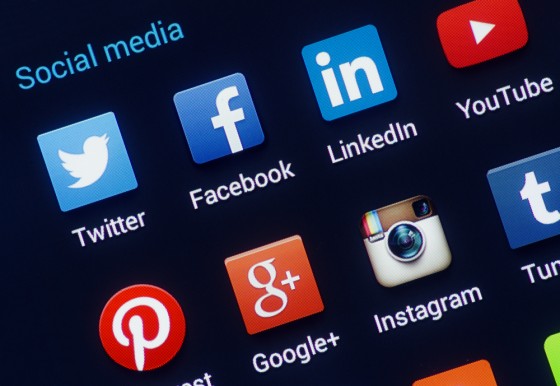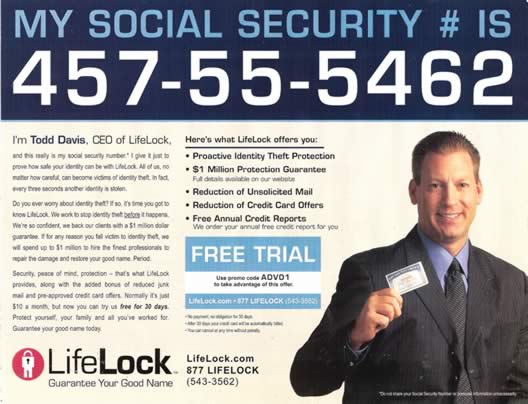 It takes one second to send a Tweet or Instagram post onto the internet for all to see. But for companies active on social media, the legal ramifications of those 140 characters or that one photo can last a whole lot longer.
It takes one second to send a Tweet or Instagram post onto the internet for all to see. But for companies active on social media, the legal ramifications of those 140 characters or that one photo can last a whole lot longer.
At a recent seminar in New York, lawyers and communications professionals representing some of the world’s most famous brands learned a lot about the dos and don’ts of social media for companies, specifically companies interested in pushing boundaries but avoiding lawsuits. Perhaps more importantly, they learned a lot about the maybe dos and maybe don’ts through several real-world examples.
“When you get it wrong, it comes with a lot of implications,” said Maggie O’Neill, managing director and partner at strategic communications firm Peppercomm, which recently co-hosted the event with Davis & Gilbert LLP.
Sue Me, Maybe?
O’Neill and her counterpart, Davis & Gilbert marketing and promotions partner Allison Fitzpatrick, brought up one of the more famous “maybe don’ts” in recent memory: Peyton Manning’s proclamation after Super Bowl 50 that his first order of business was to “drink a lot of Budweiser,” setting off a social media firestorm.
“This had the potential to really blow up into something legal,” O’Neill said. After all, Manning isn’t a spokesman for Budweiser, but he does own several Budweiser distributors. The appearance of “free” advertising if, say, an implicit agreement between the two parties was in place, would have been a no-no, and the fact that it’s not common knowledge that Manning owns those distributors makes it a “maybe no-no.” Adeptly, a Budweiser communications pro tweeted that, while the brewer was “surprised and delighted” at Manning’s off-the-cuff endorsement, “Budweiser did not pay Peyton Manning” for it. While that tweet doesn’t guarantee Budweiser’s immunity from a government lawsuit, it certainly represents a skillful handling of the situation.
Know Your Subject
Not all companies have been as adept, O’Neill and Fitzpatrick pointed out. The Duane Reade chain famously got sued by Katherine Heigl after tweeting an unflattering photo of the actress coming out of one of its pharmacies carrying bags. Heigl sued for $6 million, claiming the company violated New York State and federal laws that protect the use of a person’s likeness for trade purposes. She eventually dropped the suit, but it made the kind of headlines Duane Reade – and most companies – never want.
Fast-food chain Arby’s, on the other hand, got universal kudos for its tweet about the hat worn by rapper Pharrell Williams at the 2014 Grammy’s, which looked similar to the one on the Arby’s logo. “Hey @Pharrell, can we have our hat back,” Arby’s tweeted, with the hashtag #GRAMMYs. Pharrell was a good sport about it, and when he eventually put the hat up for charity auction on eBay, Arby’s announced via Twitter that it was the party responsible for the $44,100 winning bid.
“The best part is, Pharrell did not sue,” Fitzpatrick said at the panel. But, she added, “it doesn’t mean there’s no risk.” One quick and easy first step, according to Fitzpatrick, is to do a quick Google search to “see if they’re litigious or not.”
Copyright Law in the 21st Century
For brands active on social media, copyright law is another consideration. Being mindful of trademarks like “Super Bowl” and “NCAA” while tweeting about events can save companies a lot of money from potential legal woes.
For instance, when TGI Friday’s pushed boundaries by petitioning the International Olympic Committee to make bartending an official sport, lawyers were kept in the loop to make sure the campaign garnered media and public interest on traditional and social media but didn’t cross any copyright law lines.
What’s next?
With technology constantly changing and regulators scrambling to adapt to those changes, Fitzpatrick said the next frontier could be regulatory action against celebrity spokespeople. It’s generally known around the world that Nike endorses Tiger Woods, but what if a celebrity whose endorsement deal is lesser-known doesn’t disclose the relationship in a tweet? This could be the next major question the Federal Trade Commission starts asking.
Key Guidelines
Fitzpatrick offered a few general guidelines that companies can follow.
- When using hashtags, be careful not to suggest an endorsement or association between your brand and the event, unless there actually is one.
- The more the merrier. See if other brands are tweeting about the event. If they are, chances are your legal risks are lower.
- There are a lot of work-related reasons to follow, a brand, on social media, so most experts think a simple follow is probably okay. A “like” or a “share” could be a little dicier.
- When in doubt, research, confirm, and speak to legal.

